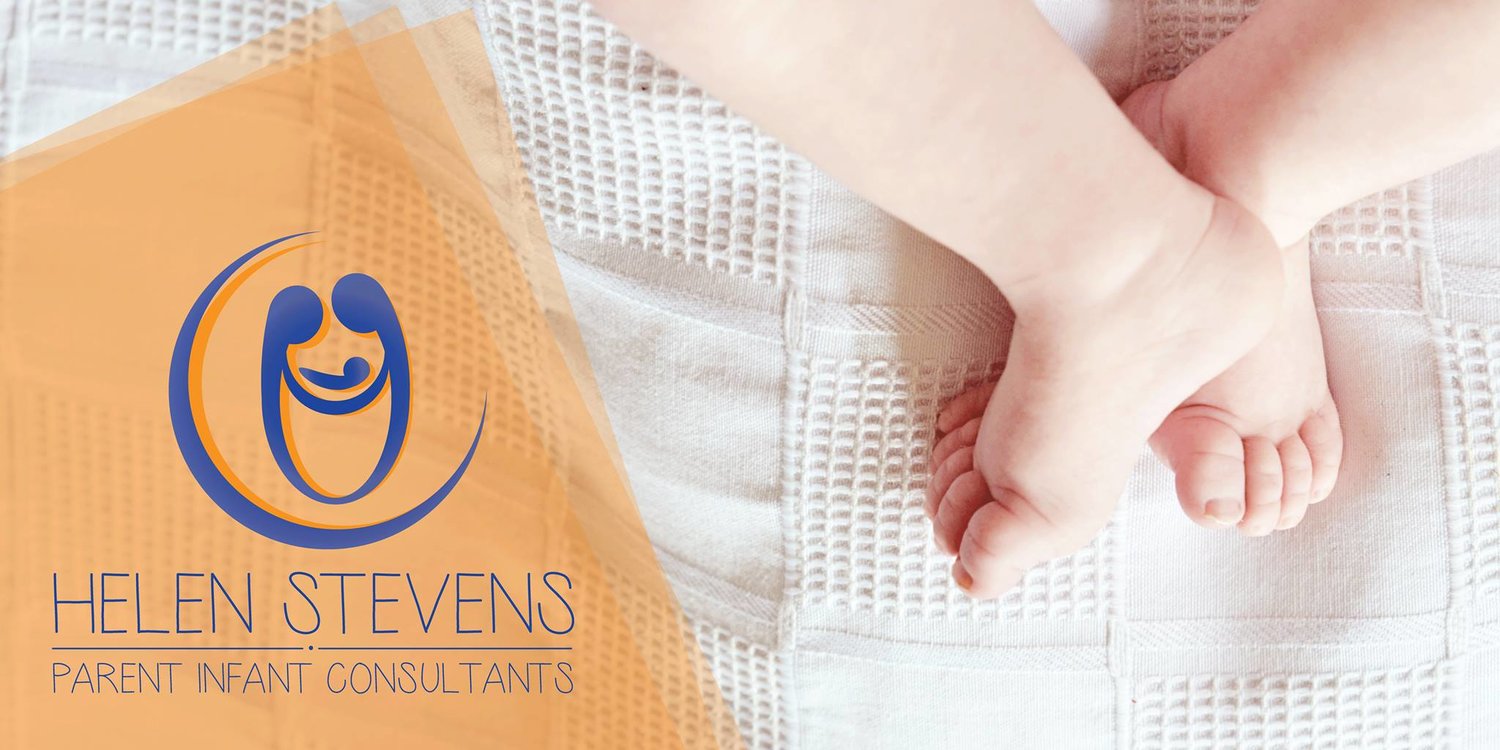Life with a newborn is ever-changing. Some days will be so amazing you’re lost for words – euphoric is probably the closest – and some days will be the hardest you’ve ever known.
We hope for every family that the bad days are few and far between, but the constant responsibility and self-doubt can be tough. There are so many things that will influence you during early parenting, from past experiences to your baby’s temperament.
Much of this time is ‘learning on the job’ - you’re learning about your baby ... and your baby is learning about you.
How much should my baby sleep?
What's a normal sleep routine for a baby?
The truth is there isn't a normal sleep pattern that all babies should follow. Baby sleep patterns are irregular, erratic and involve frequent waking. That is normal baby sleep. Parents may expect baby sleep to be like mini adult sleep, but it's not.
When they’re very young, babies are still learning how to find sleep readily. So what they need is a lot of comforting and soothing until they grow older.
Some babies have a calm nature and easily drift into sleep. Others are more alert to the world around them and are less able to just fall asleep.
How can I get baby to sleep?
The biggest gift you can give your baby is to understand that baby sleep is not about training them early so they learn to sleep.
Baby sleep is about parents offering support and care so your baby can learn how to be calm. As they mature and develop, they will take over the role of self-calming at sleep time without any stress involved.
You cannot comfort too much
Cuddling a newborn baby to sleep is absolutely fine, in fact it is required. As is feeding them to sleep. They are so immature they need care and comforting, especially when they’re distressed because their ability to regulate their emotions is extremely limited.
You can place your baby in their bed when they’re calm to allow them to drift to sleep, but if they can’t, comfort them so they can learn to to feel safe and confident at sleep time. Overtime they’ll learn that settling is possible, and will find it easier to calm themselves.
Remember, there are no ‘good’ or ‘bad’ sleeping babies – they are all normal. However, some may require additional support at sleep time. This is completely normal and you will see, as your baby grows, that their sleep patterns are influenced by their experiences and temperament.
My baby keeps changing sleep patterns
Some babies as early as 2-3 weeks of age, develop a regular sleep wake pattern and are quite predictable, and then when they hit 6 weeks the pattern changes. This is not a ‘problem’ for the baby – it’s completely normal. The problem is that we as parents want our babies to sleep for scheduled sleep times and when they don’t, we assume something is wrong.
Change to sleep patterns happen at predictable stages as part of normal infant development, usually at:
6 to 8 weeks
16 weeks
7 to 8 months
12 to 14 months.
But remember, they can have unsettled stages for many other reasons as well.]
When babies go through an unsettled phase, just comfort them during this developmental shift and allow them time to reestablish their sleep patterns at their own pace. Kindness and gentleness will help babies feel calm at sleep time.
This is the quickest route to well-established, long-lasting good habits overnight. Don't force them into a 'normal' pattern - this will run the risk of creating a negative association with sleep in the long run.
Beware of sleep training
If you allow them to sleep when tired, they’ll develop and evolve into a predictable pattern WITHOUT training.
It's tempting for some parents to have the baby ‘in a routine’, so the baby will fit in with a predictable family life. This often means coercing your baby or even forcing her to sleep when her body is simply not ready for sleep.
Babies will quite naturally, without harsh interventions, evolve into sleep wake patterns that are predictable and fit with the family… eventually, in their own time. There is no reason to force a baby into sleep.
But I know someone who still has trouble
... and they didn’t train their baby.
Perhaps this family unsuccessfully attempted sleep training and now that baby rejects the notion of sleep at every opportunity.
Perhaps that baby is waking through the night because that’s completely normal for some babies.
Perhaps the baby feeds and falls straight back to sleep, which again, is perfectly normal.
Perhaps, just perhaps, the baby still sleeps with the parents but really they don’t mind, but they have to say they do because so many people condemn and criticise them for their choices.
We never really know what, how or why. But we do know that babies can establish longer sleep patterns with loving support and just don’t need ‘training’.
Keep in mind; a survey of parents identified that almost 2/3 of parents lie about baby sleep because they see it as a reflection of poor parenting. So next time someone says their baby sleeps through the night, remember the 2/3 rule - that is, parents not wanting to declare their baby's real and very normal wakefulness!
If you'd like help or advice on baby sleep, or if you'd simply like to chat with one of our experts and ask some questions, book a phone consultation or get in touch online.
Author: Helen Stevens. RN. RM. MCHN. BAppSc. MMHS. Manager of Clinical Services, Education and Research.
Parent Infant Consultants. 0411880720.

